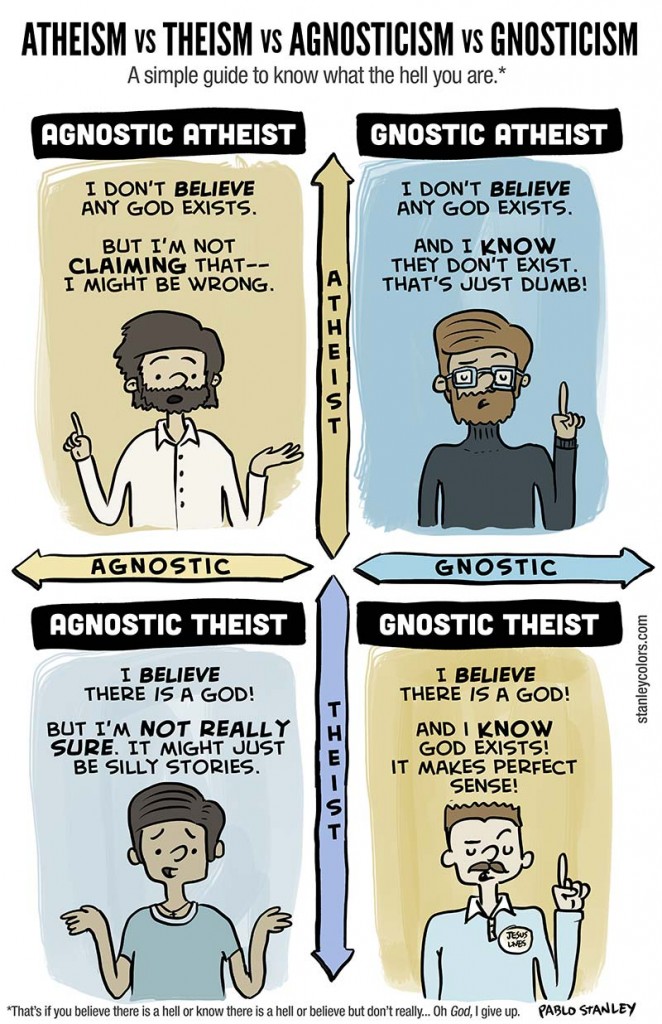I think you're crossing your streams a little here.
You can prove a negative is false.
If someone claims that black swans don't exist, you can point to a black swan, thereby proving their "negative" belief wrong.
No...you can only prove that something else is true...something that contradicts the negative position. As well, the one claiming that 'black swans don't exist' is making a positive claim. you CAN, of course, show a black swan as a refutation of that claim, or you can simply say 'prove that no black swans exist.' In neither case is one 'arguing against' the idea that there are no black swans, but rather you are arguing FOR the existence of a black swan, or making no argument at all by simply requiring the claimant to prove his claim.
Which of course he can't.
Iurthermore, "arguing against atheism" isn't an attempt to prove a negative. It's an attempt to convince someone that their belief, or lack thereof, is incorrect.
what I am saying is that it is not possible to argue against atheism. It's not even possible, logically, to argue FOR atheism, even for (or perhaps especially for) those strong atheists who vehemently claim that there is no possibility of the existence of deity.
All we can do is argue for, or against, a specific idea of deity. The problem is that if one specific idea of deity is disproved, that doesn't disprove any of the competing ideas of deity. Frustrating, I know, but there it is.
If I lack belief that macro evolution occurs, can you not argue against my current position? Obviously, you are, by extension, also arguing for macro-evolution. But how is it incorrect to say you are arguing against my position of non-belief?
Because, even if the result of arguing FOR macro-evolution is that you come to believe in it, arguing for something isn't the same as arguing against disbelief in that something. It might seem the same, but it's not. Quite.
Just ask any participant in a discussion between an evangelical Christian and anything that evangelical Christian thinks of as a 'cult.' It can get pretty hairy, but the difference in approaches becomes clearer. For instance, a fairly recent exchange went this way:
EVAN: (evangelical Christian) You are STUPID not to believe in the Trinity! Only heretics and unregenerates don't believe!
Heri (heretic) Actually, I don't think it's stupid not to believe; I don't see the biblical evidence for it, and the whole idea is a 4th century mashup...
EVAN: Only cultists and devil worshipers don't believe!
Heri: (sigh)
See the difference? The Evangelical in question is arguing against a lack of belief in an important concept to him, but there is nothing in there to show that he is arguing FOR that concept, is there?
However, his friend, who may trot out a bunch of biblical references and reasons why he believes in the Trinity, isn't arguing against disbelief, but FOR a specific belief. It is possible...not probable, mind you, but possible (well, I COULD be struck by lightening while being eaten by a shark on a sunny day, in Kansas) that the first approach could cause Heri to cease to disbelieve, but the odds of approach #2 are greater....and do not at all depend upon what Heri actually thinks or believes. Doesn't matter whether Heri is an atheist, or a Muslim or a Mormon; arguments 'for' are arguments 'for,' and not arguments 'against.'

